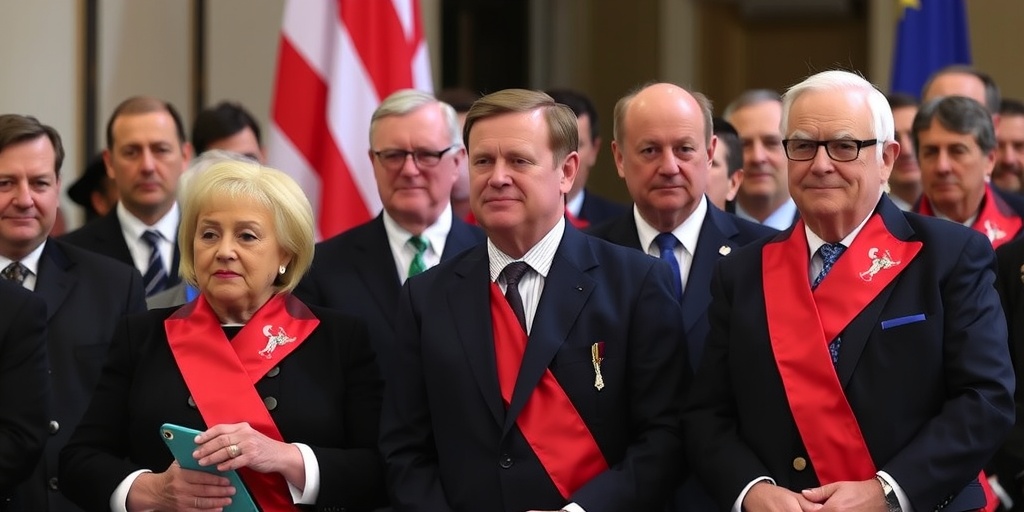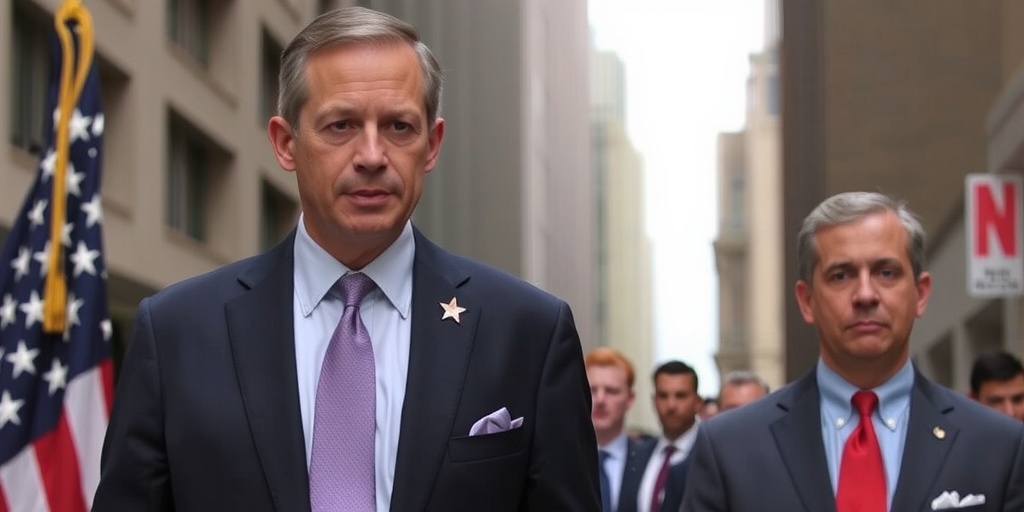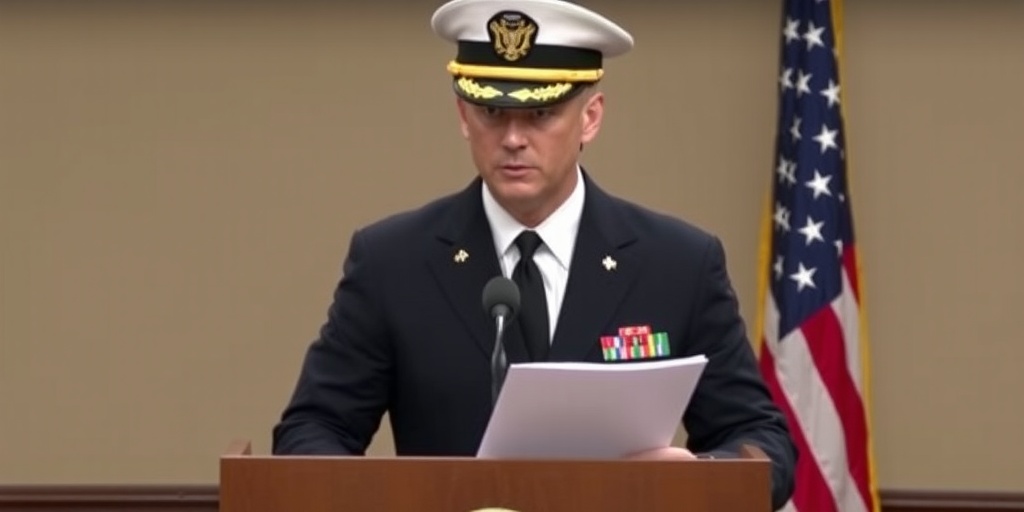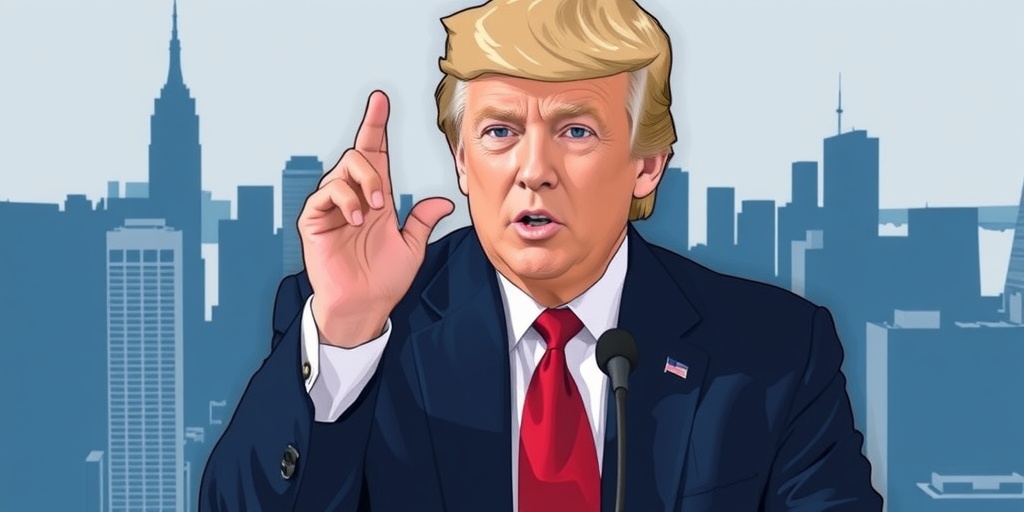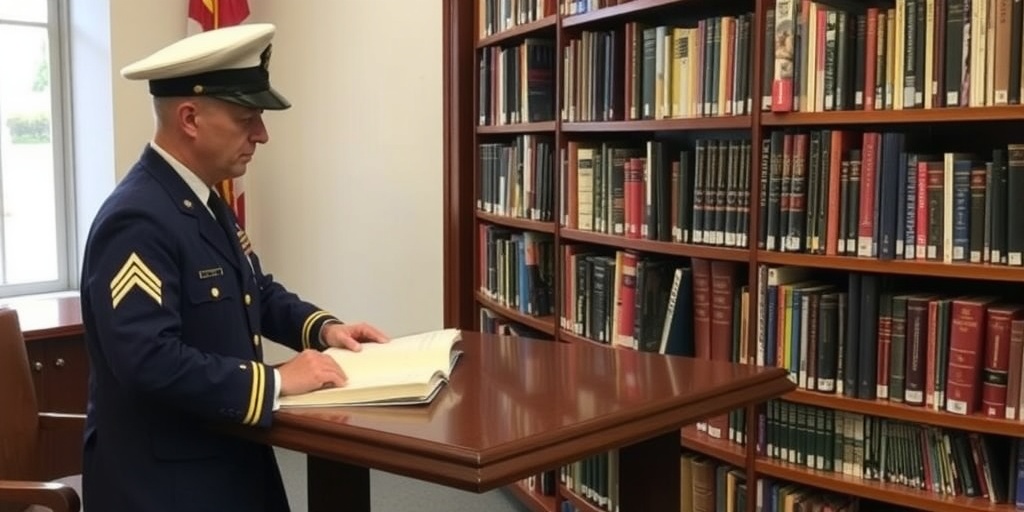Now Reading: Obama Urges Universities to Uphold Core Values
-
01
Obama Urges Universities to Uphold Core Values
Obama Urges Universities to Uphold Core Values
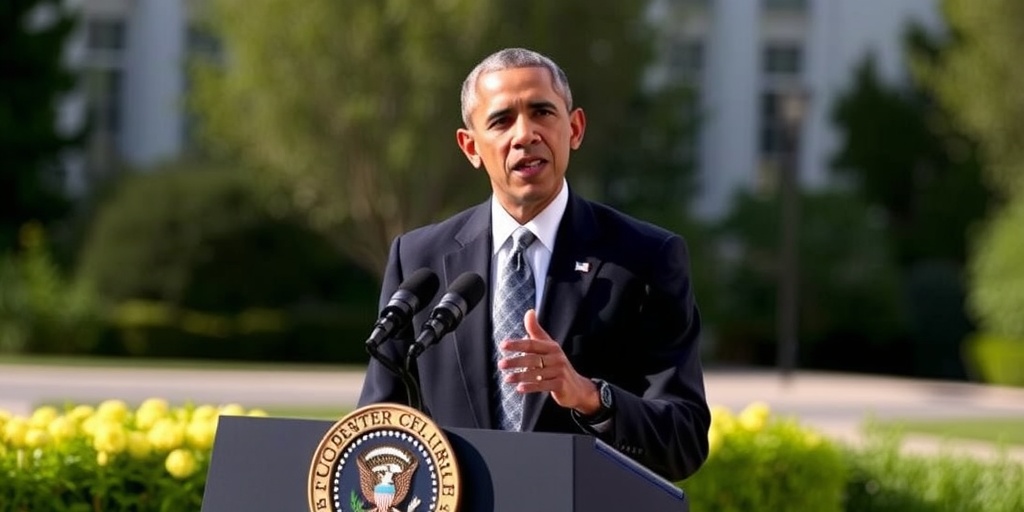
Obama Urges Universities to Defend Academic Freedom Amid Federal Pressure
Former President Barack Obama delivered a compelling address at Hamilton College in western New York on Thursday, urging educational institutions to safeguard their academic freedom against perceived threats from the federal government. His remarks come at a time when universities across the country are facing political scrutiny and potential funding cuts, particularly from the Trump administration.
In his speech, Obama emphasized the importance of self-reflection for both schools and students regarding the state of free speech on campus. He urged universities to evaluate whether they have remained true to their own values and whether they have inadvertently violated any laws. "If you are a university, you may have to figure out, are we in fact doing things right? Have we in fact violated our own values, our own code, violated the law in some fashion?" he asked the audience.
Obama’s call to action highlights the pressing need for academic institutions to stand firm against intimidation while also reflecting on their principles. He added, “If not, and you’re just being intimidated, well, you should be able to say, that’s why we got this big endowment.” His comments suggested that universities should utilize their substantial resources to resist undue pressure from external forces.
The urgency of Obama’s message is underscored by the recent actions taken by the Trump administration against universities. Earlier this year, the administration withdrew $400 million in grants and contracts from Columbia University and subsequently suspended $175 million to the University of Pennsylvania, raising alarms among many in the educational community. It has also launched a review of approximately $9 billion in federal arrangements with Harvard University. These financial threats have created an atmosphere of uncertainty, instilling fear of potential repercussions from the government in higher education institutions, which are traditionally known for their commitment to academic freedom and the pursuit of knowledge.
In response to the administration’s stance, more than 800 faculty members at Harvard wrote a letter urging the university’s leadership to resist these pressures and advocate for the values of higher education. Their plea is a reflection of a broader trend among universities grappling with dual pressures—defending academic freedom while also responding to external critiques that suggest they should adopt more robust measures regarding free speech.
The complexity of the issue is further highlighted by examples from other institutions. For instance, Johns Hopkins University, despite its considerable endowment, was forced to lay off 2,000 staff members in response to federal funding cuts. This situation points to the precarious balance that universities must maintain; while they possess significant resources, many of these are designated for specific uses, making it challenging to tap into them for unforeseen emergencies.
While many university leaders are caught in a bind, some have begun to vocalize their opposition against the federal government’s actions. Leaders from institutions like Brown and Princeton have indicated their willingness to fight back against the administration, invoking the language of academic freedom in their resistance. Princeton’s president, Christopher L. Eisgruber, characterized the targeting of Columbia University as "the greatest threat to American universities since the Red Scare of the 1950s," underlining the severe implications of these financial attacks on academic institutions.
Notably, Obama’s message resonated with the broader discourse surrounding the importance of maintaining free speech within universities. He called on law firms facing similar pressures from the Trump administration to uphold their principles, even if it meant risking business opportunities. In his address, he advocated for the necessity of allowing diverse voices, including those with which individuals may vehemently disagree, to be heard in academic settings.
Highlighting the philosophy of engagement over silencing, Obama remarked, “You let them speak, and then you tell them why they’re wrong. That’s how you win the argument.” His emphasis on dialogue rather than confrontation serves as a reminder of the enduring principles of free speech and robust debate that underpin the educational mission.
In summary, Obama’s speech served as a rallying cry for universities facing unprecedented challenges in their pursuit of academic freedom. His call to reflect on values, defend against intimidation, and embrace the principles of open discourse resonates in an era marked by political polarization and challenges to free expression on campus. As institutions grapple with their responses, the future of academic freedom remains uncertain, but the need for steadfast commitment to these principles has never been more pressing.
Stay Informed With the Latest & Most Important News
Previous Post
Next Post
-
 01New technology breakthrough has everyone talking right now
01New technology breakthrough has everyone talking right now -
 02Unbelievable life hack everyone needs to try today
02Unbelievable life hack everyone needs to try today -
 03Fascinating discovery found buried deep beneath the ocean
03Fascinating discovery found buried deep beneath the ocean -
 04Man invents genius device that solves everyday problems
04Man invents genius device that solves everyday problems -
 05Shocking discovery that changes what we know forever
05Shocking discovery that changes what we know forever -
 06Internet goes wild over celebrity’s unexpected fashion choice
06Internet goes wild over celebrity’s unexpected fashion choice -
 07Rare animal sighting stuns scientists and wildlife lovers
07Rare animal sighting stuns scientists and wildlife lovers













